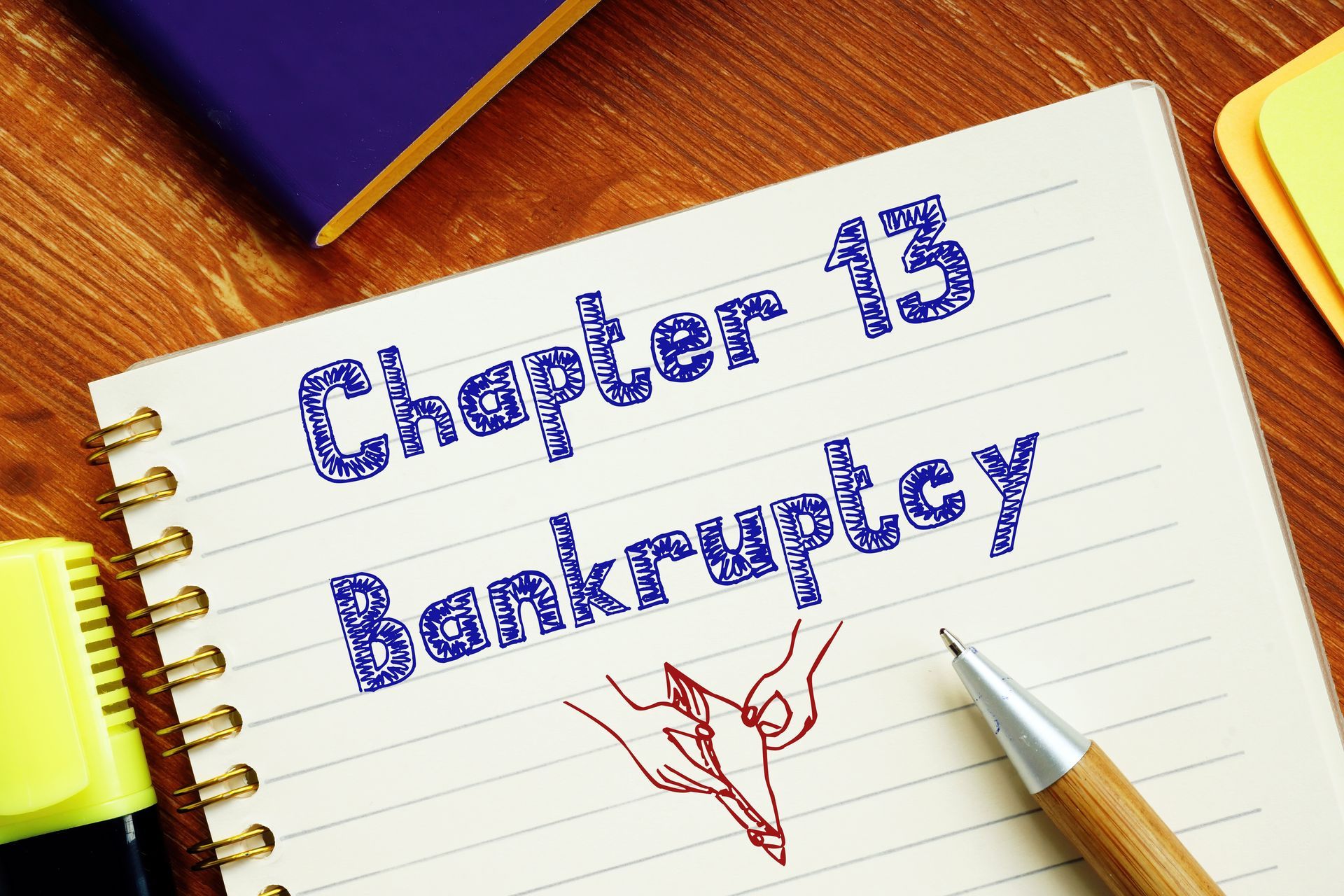Eminent Domain: Understanding What Is At Stake Is Crucial
Eminent Domain: Understanding What Is At Stake Is Crucial
As a Texas resident, it is important to understand what eminent domain is and how it can affect you as a property owner. Eminent domain is the power of the state or federal government to take private property for public use, such as building roads or other infrastructure projects. While the government must offer fair compensation for the property, many landowners are not aware of their rights and may be entitled to more than what is initially offered. At Robert I. Joseph, P.C., we provide legal advice and representation to those whose land is subject to eminent domain regulations. In this blog post, we will discuss the basics of eminent domain and why it is essential to understand what is at stake.
The Basics of Eminent Domain
Eminent domain is a vital power that allows the government to provide essential services to the public. However, the process must be carried out with care and fairness. The government must provide a valid public use for taking the land and offer just compensation. The amount of compensation will depend on several factors, including the value of the property, the current market rate, and any damage to the property. If a landowner does not agree with the amount offered, they have the right to contest it in court.
The Importance of Knowing Your Rights
Landowners often do not know their rights when it comes to eminent domain. They may think that the government's initial offering is the final amount. However, a landowner has the right to negotiate or contest the amount through legal means. At Robert I. Joseph, P.C., we help our clients understand their rights and ensure that they receive fair compensation for their property. We work tirelessly to protect our clients' interests and ensure the proper use of eminent domain.
Taking Action Against Injustice
Eminent domain can be a source of injustice if it is not carried out correctly. Some government agencies may take advantage of landowners who do not understand the eminent domain process or their legal rights. They may try to offer a lower compensation than what is fair or take someone's land for unjust reasons. At Robert I. Joseph, P.C., we believe in fighting against such injustice. We stand up for our clients and make sure that the government follows the proper procedures when taking private property.
Finding the Right Attorney
If you are facing an eminent domain case, it is crucial to have an experienced attorney on your side. At Robert I. Joseph, P.C., we have extensive experience in eminent domain law and have handled numerous cases for Texas property owners. Our attorneys work diligently to ensure that our clients are fully informed of their rights and options and that they receive the compensation they deserve for their property. We understand the stress and uncertainty that comes with an eminent domain case and are committed to providing our clients with the support they need to make informed decisions.
The Future of Eminent Domain
The process and laws surrounding eminent domain are continually evolving. It is crucial to stay informed and be proactive when it comes to protecting your property rights. At Robert I. Joseph, P.C., we closely monitor the changes in eminent domain law and advocate for our clients' rights as property owners. As we move toward a more sustainable and equitable future, the proper use of eminent domain will play a critical role in infrastructure development. We hope to help our clients navigate these changes with confidence and clarity.
Eminent domain is a complex and often misunderstood process. It is crucial to have a knowledgeable attorney on your side if you are facing an eminent domain case. At Robert I. Joseph, P.C., we are committed to providing legal advice and representation to those whose land is subject to eminent domain regulations. We believe that understanding what is at stake is crucial and that everyone should be fully informed of their rights as property owners. Contact us today to schedule a consultation and learn how we can help you through this challenging time.



